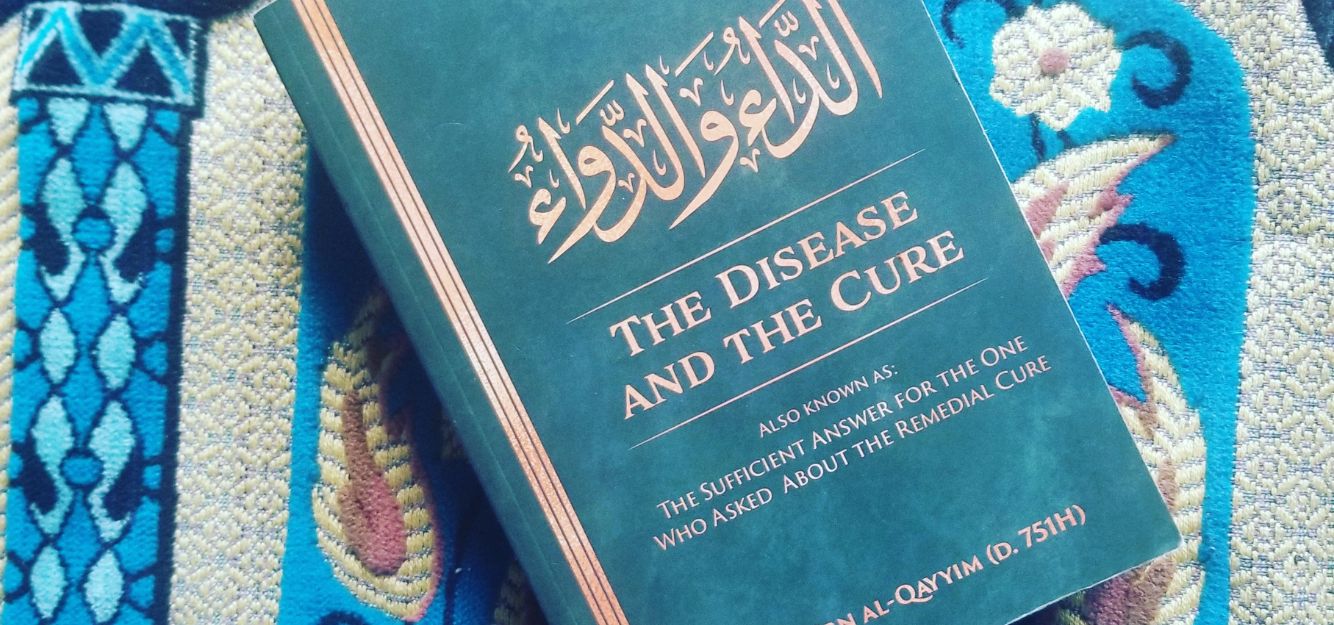Islam acknowledges the importance business plays in society. When done well and for the right reasons, it can be an act of worship. Just like any other activity, it begins with the right intention.
Before revelation came to him, the Prophet Muhammad (SAW) was making a living as a trader. His employer, Khadija, saw right away that he was honest and sincere. Impressed by his character, she proposed and married him. Due to his morally upright and honest nature, he became known as ‘al amin’, or the trustworthy.
Today, Muslims are owning businesses in a variety of industries. We’re running online shops, selling on amazon and coaching services to name a few. There is an increasing demand for businesses that target the Muslim consumer. This topic has become important, now more than ever before.
As a business owner, what does the Prophet (SAW) advise us, when it comes to running our business?
Honesty and Transparency as Values.
When we are doing business, the Prophet (SAW) warns those who try to deceive customers. He explicitly states that it is not befitting of a Muslim to do so.
It is narrated on the authority of Abu Huraira that the Messenger of Allah (ﷺ) happened to pass by a heap of eatables (corn). He thrust his hand in that (heap) and his fingers were moistened. He said to the owner of that heap of eatables (corn): What is this? He replied: Messenger of Allah, these have been drenched by rainfall. He (the Holy Prophet) remarked: Why did you not place this (the drenched part of the heap) over other eatables so that the people could see it? He who deceives is not of me (is not my follower). Sahih Muslim (Book 1, Hadith 90)
Paying for services in a timely manner.
Whether it is your tax agent or a courier service that delivers goods for you. It’s important to pay them quickly. Speaking as a freelance writer, nothing is more laborious (pun intended) than having to chase an invoice.
It was narrated from 'Abdullah bin 'Umar that the Messenger of Allah (ﷺ) said:
“Give the worker his wages before his sweat dries.” Sunan Ibn Majah ( Book 16, Hadith 8)
Being charitable does not decrease wealth.
Many businesses want to demonstrate that they’re socially conscious. Especially big corporations that have large profits. They want you to know that by doing business with them, you're contributing to a good cause. However, being charitable plays a big part of our faith. Aside from obligatory Zakat, we are also encouraged to help the needy with sadaqah.
Abu Huraira reported Allah's Messenger (ﷺ) as saying:
“Charity does not decrease wealth…” [Sahih Muslim, Book 45, Hadith 90]
The scholars explain that this Hadith is unquestionably true. That wealth never declines in quantity or quality. According to scholars, this Hadith indicates that if one gives sadaqah, the money will, by God's will, come back to them. It will do so throughout their lives in the form of different kinds of wealth.
Importance of Ihsaan
The hadith of Jaabir (r.a) defines Ihsaan.
Then he (Jibreel) further asked, "What is Ihsan (perfection)?" Allah's Messenger (ﷺ) replied, "To worship Allah as if you see Him, and if you cannot achieve this state of devotion then you must consider that He is looking at you." [Sahih Al Bukhari, Book 2, Hadith 43]
If you have ever held a customer service job, you will know this. The first thing they teach you is that the customer is always right. Because keeping customers happy is good for business.
As Muslims we are taught to approach Ihsan in all that we do. That we should strive to do Ihsaan to everyone, including our customers. Ihsaan can also embody the ethical practices that we strive for. That we treat our employees’ fair wages. That we are environmentally conscious. That the principles we uphold as a business are honourable.
Islam has rules for Muslims personal and public life. It’s not surprising that there is guidance as to the best-practice when engaging in business. Although the Prophet Muhammad (SAW) gave explicit advice, perhaps his character alone is a lesson for anyone who is a business owner.
References
Sahih Muslim 102
Chapter 43: The Saying of the prophet (saws): "Whoever deceives us is not one of us.", Book 1: The Book of Faith
https://sunnah.com/muslim:102
Sunan Ibn Majah 2443
Chapter 4: Wages Of Workers, Book 16: The Chapters on Pawning
Grade: Sahih (Darussalam) https://sunnah.com/ibnmajah:2443
Sahih Muslim 2588
Chapter 19: It Is Recommended To Forgive And Be Humble, Book 45: The Book of Virtue, Enjoining Good Manners, and Joining of the Ties of Kinship
https://sunnah.com/muslim:2588
Sahih al-Bukhari 50
Chapter 37: The asking of (angel) Jibrll (Gabriel) from the Prophet (saws) about Iman, Islam, Ihsan and the knowledge of the Hour, Book 2: Belief
https://sunnah.com/bukhari:50
Written By: Zamzam Hersi (Copywriter)
Follow Her on Instagram @Zamzam.copy




Leave a comment
This site is protected by hCaptcha and the hCaptcha Privacy Policy and Terms of Service apply.